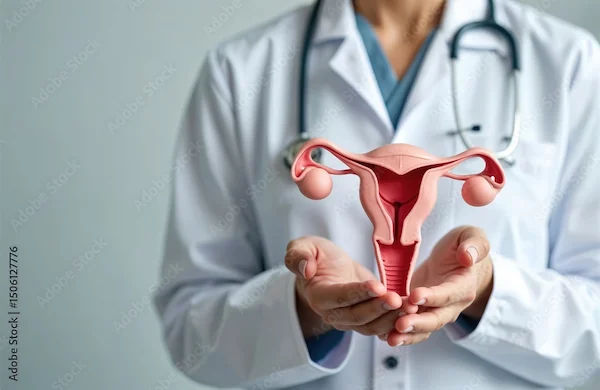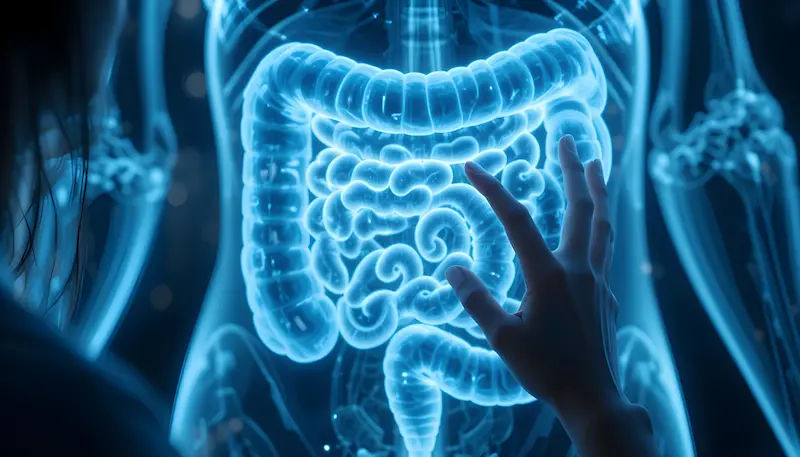Understanding Electrolyte Testing and Interpretation
Know about electrolyte testing, what electrolytes are, how to get it done, result interpretation, what abnormal results indicate and how to maintain healthy electrolyte levels.

Written by Dr. Dhankecha Mayank Dineshbhai
Reviewed by Dr. M L Ezhilarasan MBBS
Last updated on 14th Aug, 2025

Introduction
Electrolytes are essential minerals in your body that carry an electric charge and play a crucial role in maintaining fluid balance, nerve function, muscle contractions, and overall health. When electrolyte levels are too high or too low, it can lead to various health issues. Electrolyte testing helps doctors assess these levels and determine if any imbalances need correction.
This article will guide you through what electrolyte testing is, why it’s important, how to interpret results, and tips to maintain healthy electrolyte levels.
What Are Electrolytes?
Electrolytes are minerals found in your blood, urine, and body fluids. The most important ones include:
- Sodium (Na+) – Helps regulate fluid balance and nerve function.
- Potassium (K+) – Essential for muscle contractions and heart function.
- Calcium (Ca2+) – Important for bones, muscle function, and nerve signalling.
- Chloride (Cl-) – Works with sodium to maintain fluid balance.
- Magnesium (Mg2+) – Supports muscle and nerve function, heart rhythm, and bone health.
- Bicarbonate (HCO3-) – Helps maintain the body’s acid-base balance.
These electrolytes must stay within a specific range for your body to function properly.
Consult a General Physician for Personalised Advice
Why Is Electrolyte Testing Done?
Doctors recommend electrolyte testing to:
- Check for imbalances caused by dehydration, kidney disease, or hormonal disorders.
- Monitor patients with chronic conditions like diabetes, heart disease, or high blood pressure.
- Assess symptoms like fatigue, muscle cramps, irregular heartbeat, or confusion.
- Evaluate the effects of medications (e.g., diuretics, blood pressure drugs).
- Monitor patients before, during, or after surgery.
How Is Electrolyte Testing Performed?
A simple blood test (often part of a basic metabolic panel (BMP) or comprehensive metabolic panel (CMP)) measures electrolyte levels. Sometimes, a urine test may also be required.
What to Expect During the Test:
It includes:
- A small blood sample is taken from your arm.
- No special preparation is needed unless your doctor advises fasting.
- Results are usually available within a few hours to a day.
Understanding Electrolyte Test Results
Normal electrolyte ranges may vary slightly between labs, but generally, they fall within these limits:
What Abnormal Results Mean:
1. High Sodium (Hypernatremia)
- Causes: Dehydration, excessive salt intake, and kidney problems.
- Symptoms: Thirst, confusion, muscle twitching, seizures.
2. Low Sodium (Hyponatremia)
- Causes: Overhydration, kidney disease, heart failure, and certain medications.
- Symptoms: Nausea, headache, confusion, seizures (in severe cases).
3. High Potassium (Hyperkalemia)
- Causes: Kidney disease, excessive potassium supplements, and certain medications.
- Symptoms: Weakness, irregular heartbeat, and numbness.
4. Low Potassium (Hypokalemia)
- Causes: Diarrhoea, vomiting, diuretics, and poor diet.
- Symptoms: Muscle cramps, fatigue, irregular heartbeat.
5. High or Low Calcium (Hypercalcemia/Hypocalcemia)
- Causes: Overactive parathyroid, vitamin D imbalance, and kidney disease.
- Symptoms: Bone pain, muscle weakness, confusion (high calcium) or muscle spasms, tingling (low calcium).
6. High or Low Magnesium (Hypermagnesemia/Hypomagnesemia)
- Causes: Kidney disease, excessive antacid use (high magnesium) or alcoholism, malnutrition (low magnesium).
- Symptoms: Low blood pressure, weakness (high magnesium) or muscle cramps, irregular heartbeat (low magnesium).
If your results are abnormal, your doctor will determine the underlying cause and recommend treatment.
How to Maintain Healthy Electrolyte Levels?
1. Stay Hydrated
- Drink enough water, especially in hot weather or after exercise.
- Avoid excessive alcohol or caffeine, which can dehydrate you.
2. Eat a Balanced Diet
- Sodium: Found in table salt, processed foods (but avoid excess).
- Potassium: Bananas, oranges, spinach, potatoes.
- Calcium: Dairy products, leafy greens, fortified foods.
- Magnesium: Nuts, seeds, whole grains, dark chocolate.
3. Monitor Medications
- Some drugs (like diuretics) affect electrolyte levels. Discuss with your doctor if you experience symptoms.
4. Exercise Smartly
- If you sweat a lot, consider electrolyte-rich drinks (like coconut water or sports drinks in moderation.
5. Manage Underlying Conditions
- If you have kidney, heart, or hormonal disorders, follow your doctor’s advice to prevent imbalances.
When to See a Doctor
Consult a healthcare provider if you experience:
- Severe fatigue or weakness
- Irregular heartbeat
- Persistent muscle cramps
- Confusion or dizziness
- Excessive thirst or urination
Final Thoughts
Electrolyte imbalances can affect anyone, but with awareness and proper care, they can be managed effectively. Eating a balanced diet, staying hydrated, and monitoring your health can help maintain optimal electrolyte levels. If you suspect an imbalance, don’t hesitate to get tested and seek medical advice.
Consult a General Physician for Personalised Advice
Consult a General Physician for Personalised Advice

Dr. Anand Ravi
General Physician
2 Years • MBBS
Bengaluru
PRESTIGE SHANTHINIKETAN - SOCIETY CLINIC, Bengaluru

Dr Syed Mateen Pasha
General Physician
2 Years • MBBS
Bengaluru
PRESTIGE SHANTHINIKETAN - SOCIETY CLINIC, Bengaluru

Dr. Syed Ismail Ali
General Practitioner
7 Years • MBBS
Hyderabad
Apollo 24|7 Clinic, Hyderabad

Dr. Mohamed Azeem
General Physician/ Internal Medicine Specialist
2 Years • MBBS,MD(Internal Medicine) CCEBDM
Karaikudi
Apollo Hospitals Karaikudi, Karaikudi

Dr. Sandhya Chandel
General Physician/ Internal Medicine Specialist
16 Years • MBBS, MD (Int. Med.), IDCCM
Bilaspur
Apollo Hospitals Seepat Road, Bilaspur
(125+ Patients)
Consult a General Physician for Personalised Advice

Dr. Anand Ravi
General Physician
2 Years • MBBS
Bengaluru
PRESTIGE SHANTHINIKETAN - SOCIETY CLINIC, Bengaluru

Dr Syed Mateen Pasha
General Physician
2 Years • MBBS
Bengaluru
PRESTIGE SHANTHINIKETAN - SOCIETY CLINIC, Bengaluru

Dr. Syed Ismail Ali
General Practitioner
7 Years • MBBS
Hyderabad
Apollo 24|7 Clinic, Hyderabad

Dr. Mohamed Azeem
General Physician/ Internal Medicine Specialist
2 Years • MBBS,MD(Internal Medicine) CCEBDM
Karaikudi
Apollo Hospitals Karaikudi, Karaikudi

Dr. Sandhya Chandel
General Physician/ Internal Medicine Specialist
16 Years • MBBS, MD (Int. Med.), IDCCM
Bilaspur
Apollo Hospitals Seepat Road, Bilaspur
(125+ Patients)




